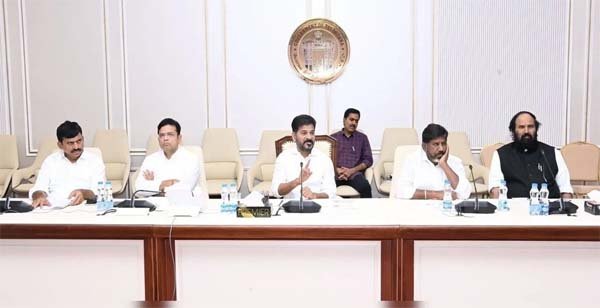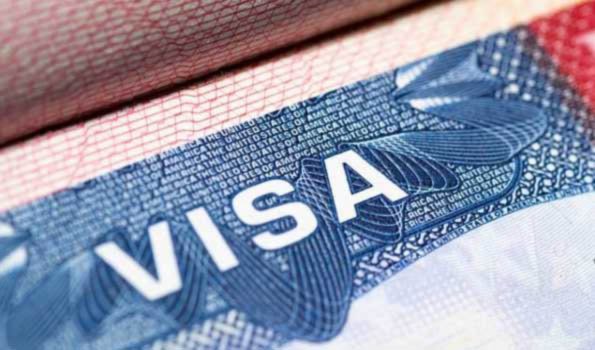New Delhi, Apr 17 (UNI) In a significant development on Thursday, the Supreme Court passed an interim order in the batch of petitions challenging the constitutional validity of the Waqf (Amendment) Act, 2025.
The three-judge bench, led by Chief Justice of India Sanjiv Khanna, Justice Sanjay Kumar and Justice K.V. Viswanathan, directed that no coercive action shall be taken in respect of properties whose Waqf status is under dispute.
The Court further ordered that properties declared as “Waqf by user” will not be de-notified or acted upon without prior permission from the Court.
The bench also took note of concerns surrounding the inclusion of non-Muslims on Waqf boards and enhanced powers granted to District Collectors under the amended law, stating that these provisions raise important constitutional questions which require detailed examination.
While refraining from a blanket stay on the operation of the entire Waqf (Amendment) Act, the Court made it clear that until further orders, status quo must be maintained on properties currently under challenge or dispute.
Solicitor General Tushar Mehta, representing the Central Government, had requested additional time to respond comprehensively to the issues raised in the 70-odd petitions.
The bench agreed to grant time but underlined that interim protection was necessary in light of ongoing unrest and legal ambiguity, particularly incidents like the recent violence in West Bengal’s Murshidabad district.
The Court clarified that today’s order is of an interim nature and will not prejudice the outcome of the final adjudication.
The court granted one week’s time to the center to file its affidavit and an additional five days to the petitioners to file their rejoinder.
The matter has been posted for further hearing after four weeks.
This marks the first judicial intervention in the controversial Waqf (Amendment) Act, which was passed by Parliament earlier this month and has been widely contested for allegedly infringing upon minority rights and expanding government control over religious endowments.
The Next date of hearing is May 5, 2025.











